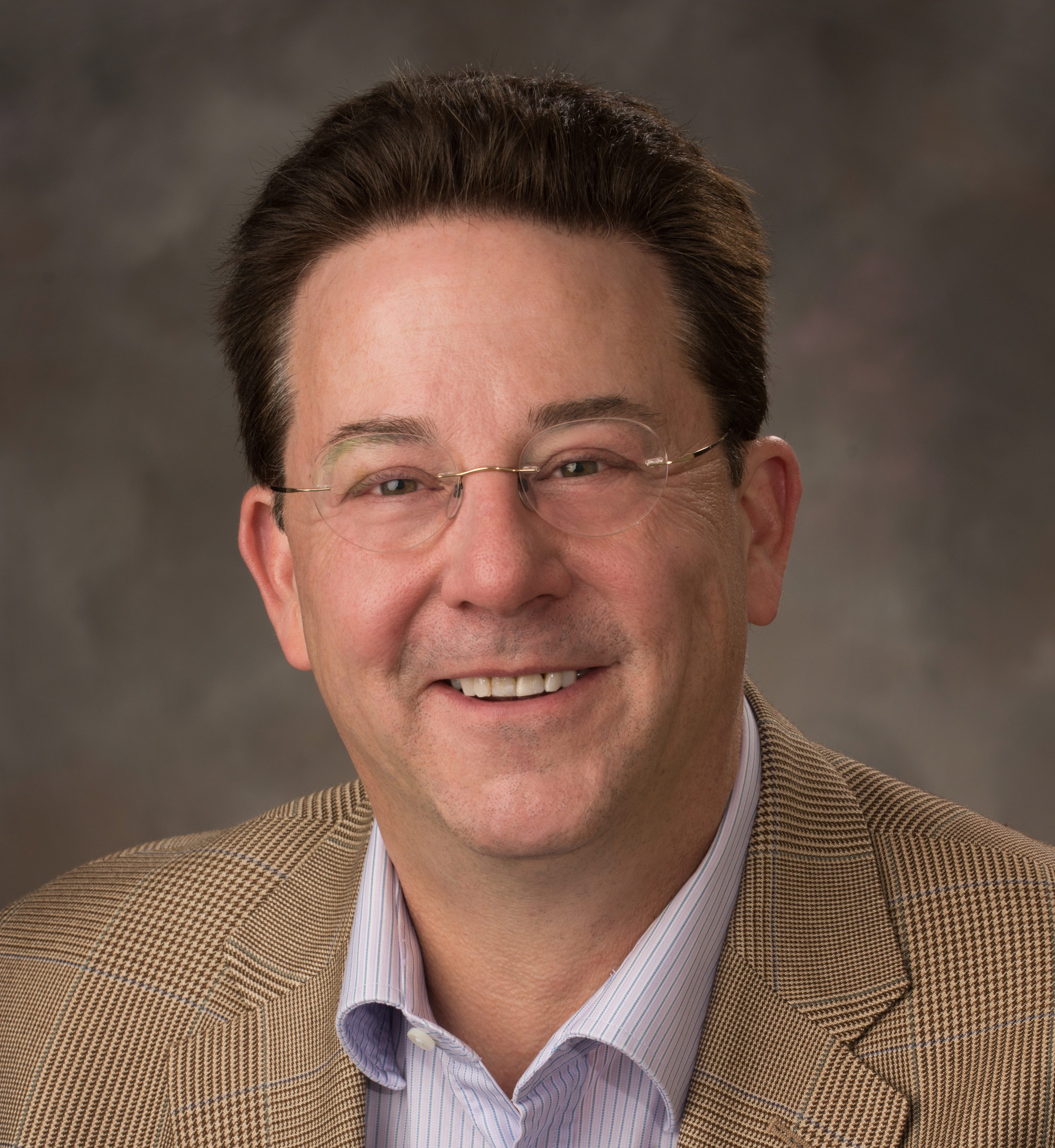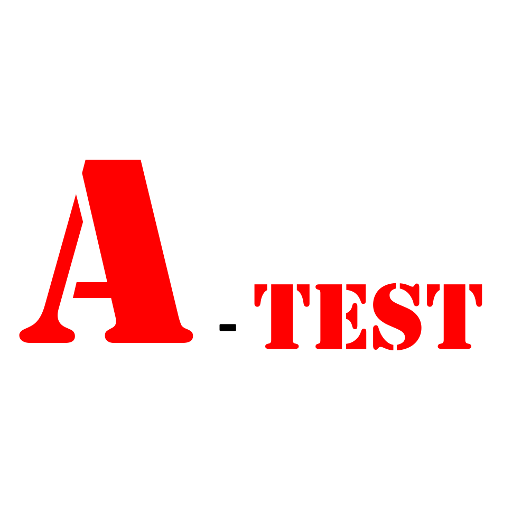About
A-TEST workshop aims to provide a venue for researchers as well as the industry to exchange and discuss trending views, ideas, state of the art work in progress, and scientific results on Automated Testing.
Modern software teams seek a delicate balance between two opposing forces: striving for reliability and striving for agility. Software teams need tools to strike the right balance by increasing the development speed without sacrificing quality. Automated testing tools play an important role in obtaining this balance.
A-TEST has successfully run 8 editions since 2009. During the 2017 edition, that was also co-located at ESEC/FSE. We introduced hands-on sessions where testing tools can be studies in depth. Due to the many positive reactions we received, this year we will have them again!
Program – 5th of November 2018
| 8:50 – 9:00 | Welcome |
| 9:00 – 10:00 |
Keynote by Gregg Rothermel
Improving regression testing in continuous integration development environments |
| 10:00 – 10:30 | Coffee break (in the hall outside the workshops) |
| 10:30 – 12:00 |
David Adamo, Md Khorrom Khan, Sreedevi Koppula and Renee Bryce.
Reinforcement Learning for Android GUI Testing Shogo Takakura, Mitsuyoshi Iwatsuji and Nagisa Ishiura. Extending Equivalence Transformaton Based Program Generator for Random Testing of C Compilers Akos Kiss, Renáta Hodován and Tibor Gyimothy. HDDr: A Recursive Variant of the Hierarchical Delta Debugging Algorithm Sten Vercammen, Mohammad Ghafari, Serge Demeyer and Markus Borg. Goal-oriented Mutation Testing with Focal Methods Thi Anh Tuyet Vuong and Shingo Takada. A Reinforcement Learning based Approach to Automated Testing of Android Applications |
| 12:00 – 13:30 | LUNCH (in Lakeview West) |
| 13:30 – 15:00 |
Kota Kitaura and Nagisa Ishiura.
Random Testing of Compilers’ Performance Based on Mixed Static and Dynamic Code Comparison Renáta Hodován, Akos Kiss and Tibor Gyimothy. Grammarinator: A Grammar-based Open Source Fuzzer Dionny Santiago, Peter J. Clarke, Patrick Alt and Tariq M. King. Abstract Flow Learning for Web Application Test Generation André Santos, Alcino Cunha and Nuno Macedo. Property-based Testing for the Robot Operating System Pedro Martins Pontes, Bruno Lima and João Pascoal Faria. Test Patterns for IoT |
| 15:00 – 15:30 | Coffee break (in the hall outside the workshops) |
| 15:30 – 16:00 |
POSTER pitch and DARE session
Sajad Jalali, Ali Mohebbi, Khashayar Etemadi Some Oliayi and Mostafa Mahdieh. Considering Executed Program States for Evaluating Test Suites Johan van der Geest, Edwin Harmsma, Harrie Bastiaansen and Serge Demeyer. The Journey Towards Cloud Native Testing Pablo Suárez-Otero, María José Suárez-Cabal and Javier Tuya. Testing automation of the Cassandra logical data integrity |
| 16:00 – 17:30 | Hands-on session |
| 17:30 – 18:00 | Closing discussion |
Keynotes
Keynote: Gregg Rothermel
Professor and Jensen Chair of Software Engineering
University of Nebraska
IMPROVING REGRESSION TESTING IN CONTINUOUS INTEGRATION DEVELOPMENT ENVIRONMENTS
In continuous integration development environments, software engineers frequently integrate new or changed code with the mainline codebase. Merged code is then regression tested to help ensure that the codebase remains stable and that continuing engineering efforts can be performed more reliably. Continuous integration is advantageous because it can reduce the amount of code rework that is needed in later phases of development, and speed up overall development time. From a testing standpoint, however, continuous integration raises several challenges.
Chief among these challenges are the costs, in terms and time and resources, associated with handling a constant flow of requests to execute tests. To help with this, organizations often utilize farms of servers to run tests in parallel, or execute tests “in the cloud”, but even then, test suites tend to expand to utilize all available resources, and then continue to expand beyond that.
We have been investigating strategies for applying regression testing in continuous integration development environments more cost-effectively. Our strategies are based on two well-researched techniques for improving the cost-effectiveness of regression testing — regression test selection (RTS) and test case prioritization (TCP). In the continuous integration context, however, traditional RTS and TCP techniques are difficult to apply, because these techniques rely on instrumentation and analyses that cannot easily be applied to fast-arriving streams of test suites.
We have thus created new forms of RTS and TCP techniques that utilize relatively lightweight analyses, that can cope with the volume of test requests. To evaluate our techniques, we have conducted an empirical study on several large data sets. In this talk, I describe our techniques and the empirical results we have obtained in studying them.

BIO
Gregg Rothermel is Professor and Jensen Chair of Software Engineering at the University of Nebraska-Lincoln. He received the Ph.D. in Computer Science from Clemson University working with Mary Jean Harrold, the M.S. in Computer Science from SUNY Albany, and a B.A. in Philosophy from Reed College. Prior to returning to academia, he was a software engineer, and Vice President of Quality Assurande and Quality Control for Palette Systems, a manufacturer of CAD/CAM software.
Dr. Rothermel’s research interests include software engineering and program analysis, with emphases on the application of program analysis techniques to problems in software maintenance and testing, end-user software engineering, and empirical studies. He is a co-founder of the ESQuaReD (Empirically-Based Software Quality Research and Development) Laboratory at the Univerity of Nebraska-Lincoln. He is also a co-founder of the EUSES (End-Users Shaping Effective Software) Consortium, a group of researchers who, with National Science Foundation support, have led end-user software engineering research. He co-founded and leads the development of the Software-Artifact Infrastructure Repository (SIR), a repository of software-related artifacts that support rigorous controlled experiments with program analysis and software testing techniques, and has been utilized, to-date, by more than 3500 persons from over 700 institutions around the world, supporting over 800 scientific publications. His research has been supported by NSF, DARPA, AFOSR, Boeing Commercial Airplane Group, Microsoft, and Lockheed Martin.
Dr. Rothermel is an IEEE Fellow and an ACM Distinguished Scientist. He is currently General co-Chair for the 2020 ACM/IEEE International Conference on Software Engineering, serves as an Associate Editor for IEEE Transactions on Software Engineering and Methodology, and is a member of the Editorial Boards of the Empirical Software Engineering Journal and Software Quality Journal.
Previous positions include Associate Editor in Chief for IEEE Transactions on Software Engineering, General Chair for the 2009 International Symposium on Software Testing and Analysis, Program Co-Chair for the 2007 International Conference on Software Engineering, and Program Chair for the 2004 ACM International Symposium on Software Testing and Analysis.
Important Dates
- Submission deadline: July 27th 2018
- Author notification:
August 24th 2018August 27th 2018 - Camera-ready: September 18th 2018
Organization Committee
A-TEST TEAM
General Chair
Wishnu Prasetya (Universiteit van Utrecht)
Industrial Chair
Sigrid Eldh (Ericsson)
Program Chairs
Tanja E.J. Vos (Universidad Politecnica de Valencia, Open Universiteit)
Sinem Getir (Humboldt-Universität zu Berlin)
Hands-on session chair
Ali Parsai (Universiteit van Antwerpen)
Publicity Chair
Pekka Aho (Open Universiteit)
Programme Committee
| Pekka | Aho | Open Universiteit |
| Emil | Alégroth | Blekinge Institute of Technology |
| Markus | Borg | RISE SICS AB |
| Sigrid | Eldh | Ericsson |
| M.J. | Escalona | University of Seville |
| Leire | Etxeberria | Mondragon Uniberstitatea |
| Julián Alberto | García García | IWT2 Group. University of Seville. Spain. |
| Sinem | Getir | Humboldt University Berlin |
| Peter M. | Kruse | ASSystems |
| Maurizio | Leotta | Università degli Studi di Genova |
| Patricio | Letelier | Universitat Politècnica de València |
| Jeff | Offutt | George Mason University |
| Ana | Paiva | University of Porto |
| Wishnu | Prasetya | Universiteit van Utrecht |
| Rudolf | Ramler | Software Competence Center Hagenberg |
| Mika | Rautila | VTT |
| Ina | Schieferdecker | Fraunhofer FOKUS/TU Berlin |
| Jan | Tretmans | TNO – Embedded Systems Innovation |
| Marko | Van Eekelen | Radboud University |
| Freek | Verbeek | Open University of The Netherlands |
| Tanja E. J. | Vos |
Open Universiteit and Universitat Politecnica de Valencia
|
| Marc-Florian | Wendland | Fraunhofer |
Call for Papers
We invite you to submit a paper to the workshop, and present and discuss it at the event itself on any topics related to automated software testing.
Position paper (2 pages) intended to generate discussion and debate during the workshop.
Work-in-progress paper (4 pages) that describes novel work in progress, that not necessarily has reached its full completion.
Full paper (7 pages) describing original and completed research.
Tool demo (4 pages) describing your tool and a description of your planned demo-session.
Technology transfer paper (4 pages). Describing University-Industry co-operation.
Papers will be submitted through EasyChair: https://easychair.org/conferences/?conf=atest2018
Each paper will be reviewed by at least three referees. Submissions must be original and should not have been published previously or be under consideration for publication while being evaluated for this workshop. Authors are required to adhere to the ACM Policy and Procedures on Plagiarism and the ACM Policy on Prior Publication and Simultaneous Submissions.
All papers must be prepared in ACM Conference Format.
Papers accepted for the workshop will appear in the ACM digital library, providing a lasting archived record of the workshop proceedings.
Previous Editions
In 2016 we merged the events at FSE resulting in the 7th edition of A-TEST in 2016.
The 8th edition of A-TEST in 2017 was Co-located at the 12th Joint Meeting of the European Software Engineering Conference (ESEC) and the ACM SIGSOFT Symposium on the Foundations of Software Engineering (FSE), 2017 in Paderbron.

